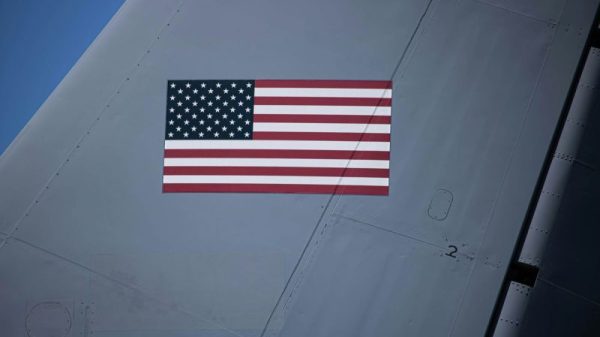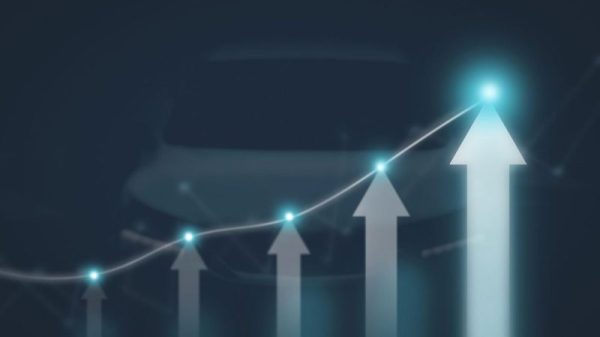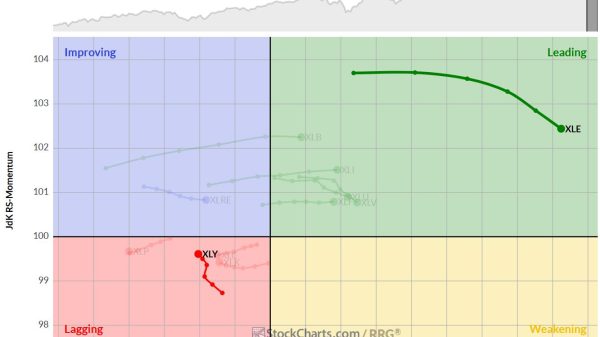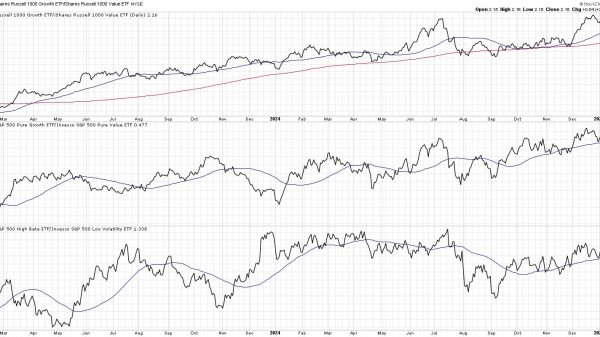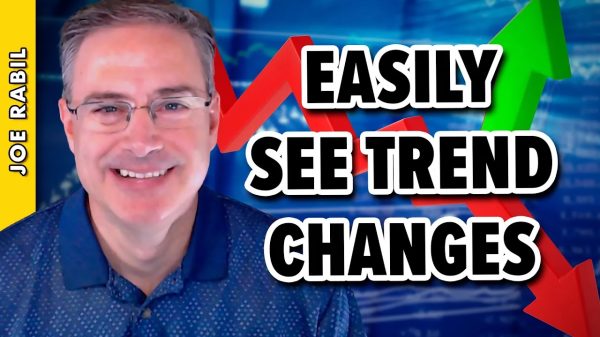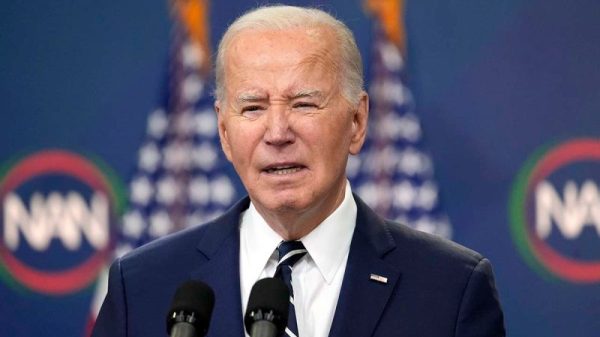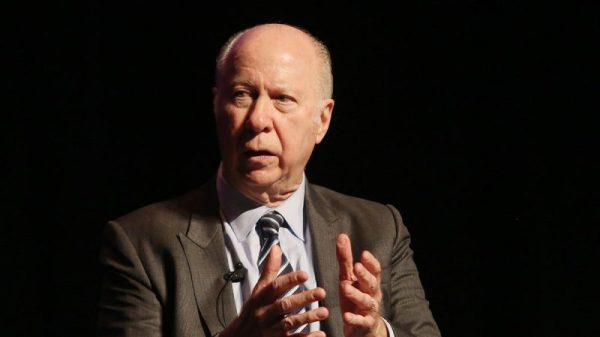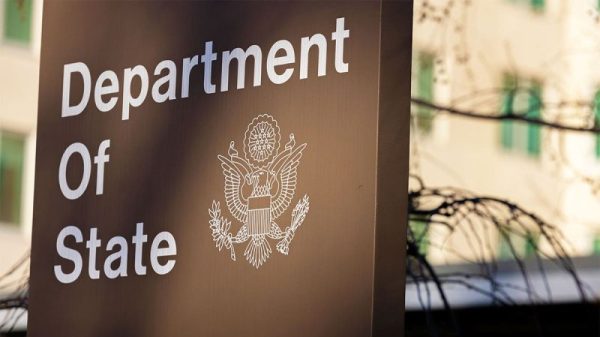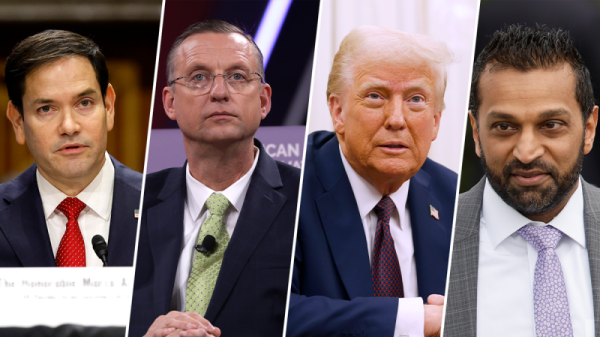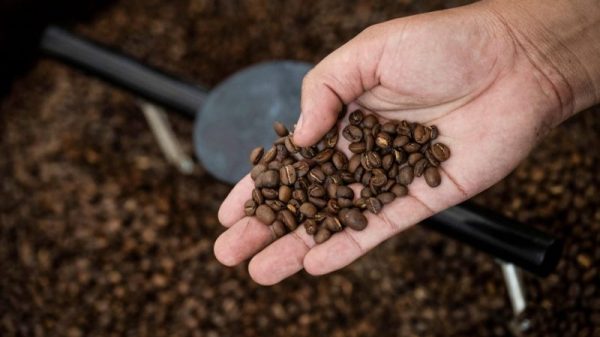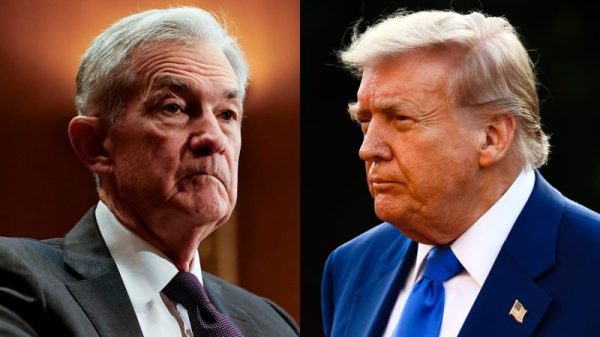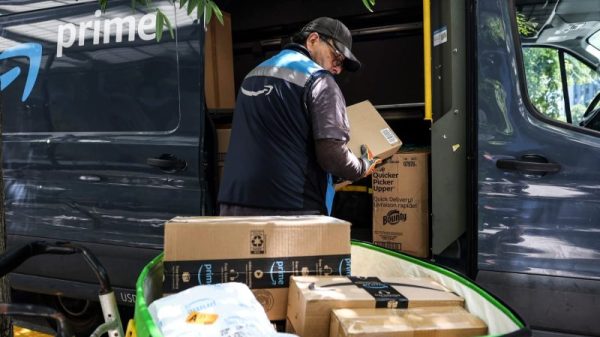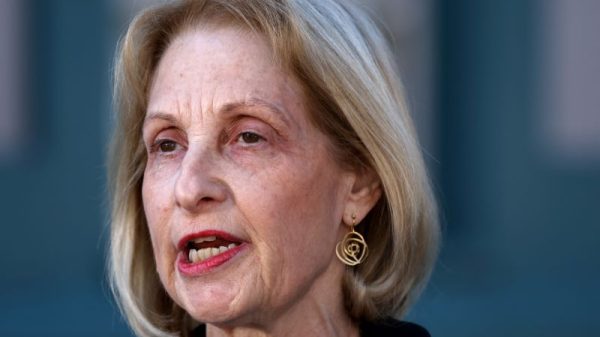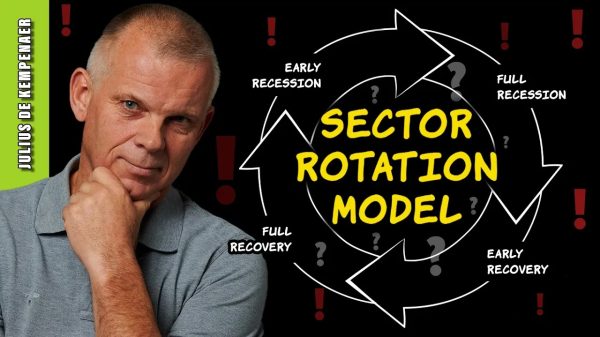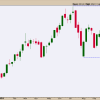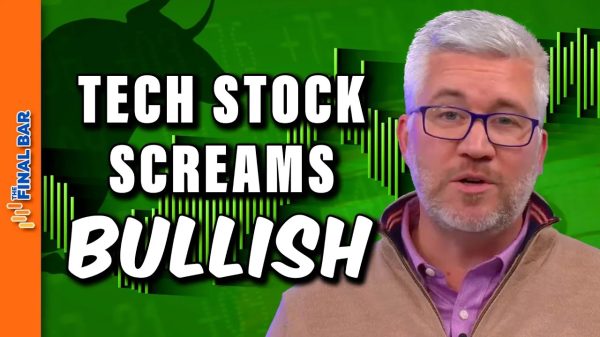The economic and moral case for free trade is rock solid. But as even Adam Smith conceded, because reality is a cauldron of complexity and nuance, there are a tiny handful of theoretically coherent, if mostly practically irrelevant, exceptions to this case. In debates over trade, protectionists relatively seldom use these exceptions (save for their ever-present and tendentious invocations of the need to ensure national security). Instead, protectionists rely with distressing frequency on intellectual cheap tricks. Cheap tricks, fortunately, are easily exposed as such.
Saving Money on Trinkets!
In his 2004 book, Exporting America, Lou Dobbs asserted that the only benefit of free trade is that it helps “consumers save a few cents on trinkets and T-shirts.” A similar argument was made around that same time by two-time GOP presidential aspirant Pat Buchanan. In early 2001 I heard Buchanan speak at Columbia University’s Graduate School of Journalism. He criticized free traders who, in his view, are content to see the US economy destroyed by policies whose only upside is to increase American consumers’ access to frivolous gadgets “down at the mall.” (Today he would likely add “and also on Amazon.”)
Asserting that the benefits of free trade consist only of lower prices on trivial items is a cheap trick. If this assertion were true, the case for free trade would indeed be weak — or at least not worth the effort. Why spend time and energy protesting in favor of a policy the benefits of which are so scanty? But this cheap trick devours itself. If it were true that the only gain Americans would enjoy from freer trade is slightly lower prices on gadgets, trinkets, and T-shirts, then it must be the case that the only harm Americans are suffering from protectionism is slightly higher prices on gadgets, trinkets, and T-shirts.
With this cheap trick, Dobbs and Buchanan imply — no doubt unwittingly — that the American industries diminished or destroyed by imports are only ones that compete with foreign producers of frivolous outputs. Protectionists such as Dobbs and Buchanan almost certainly don’t realize that their argument implies that American economic greatness and strength will be heightened by government arranging for American industry to churn out only more gadgets, trinkets, T-shirts, and other goods that these protectionists hold (ironically, like the elites they are!) in contempt. But the implication is inescapable.
American Protectionism Means America First!
A common theme sounded by protectionists — and, today, especially by Donald Trump and others on the political right — is that free-trade policy in America is a gift given to foreigners. And this gift, we are told, is one that Americans can no longer afford. “It’s too bad that high tariffs in the US deny foreigners the benefits they’d get from open access to our rich market,” the story goes “but we must put America first! It’s unpatriotic to deny economic advances to Americans simply to help non-Americans.”
Those who tell this story would have you believe that free traders from Adam Smith forward are “cosmopolitan elites,” who are convinced that the benefits that poor nations gain from trading freely with rich nations outweigh the resulting harm that this trade inflicts on rich nations. Using a crude utilitarian calculus that ignores the value of people’s rootedness in their nations, locales, and familiar ways of life, these elites (the protectionist story goes) then smugly conclude that free trade is justified.
If this take on reality were accurate, the US government’s retreat from free trade would indeed both enrich the great majority of ordinary Americans and be ethically defensible. But this take isn’t accurate; it’s another cheap trick.
The principal case for a policy of free trade has never been one of raising the living standards of poor-country citizens by lowering the living standards of rich-country citizens. While it’s true that free traders recognize that ordinary people in poor countries gain from free trade, it’s emphatically untrue that free traders think that these gains come at the expense of ordinary people in rich countries. From the start, the case for a policy of free trade has focused on the gains that such trade promises to ordinary people in the home country, be it rich or poor.
Gains from trade are mutual, a reality that isn’t changed one iota by imposing a political boundary between the traders. Protectionism therefore strips both foreigners and Americans of these gains. It follows that free trade in America should be embraced by anyone who truly wishes to “put America first!” — indeed, also by anyone who admits to caring only about Americans and not a hoot about non-Americans.
To truly “put America First” requires eliminating all protectionist obstructions on the peaceful commercial choices of American citizens. Ordinary Americans should ask protectionists such as Donald Trump and Josh Hawley just how America is put ‘first’ by US government trade barriers that constrict ordinary Americans’ freedom to spend their incomes as they choose.
The Jobs!
Slaying strawmen is among protectionists’ favorite sports. And no trick is cheaper than this one. A recent performance of this trick was done by Sen. Marco Rubio (R-FL). Attempting to defend Trump’s 2018 tariffs, Rubio wrote this: “Newly enacted tariffs on China would hurt the US economy, experts warned in 2018, right before the economy grew by 2.1 million jobs. It’s not surprising the ‘experts’ got it wrong; they often are these days.”
Rubio here writes triumphantly. But the only trophy for his victory is a slain man of straw. No competent advocate of free trade has ever predicted that raising or lowering tariffs will alter trends in overall employment.
The economics of trade are clear that trade policy affects only the particular kinds of jobs that exist and not the overall number of jobs — a reality nicely revealed by the very data that Rubio uses to slaughter his strawman. Following the imposition of Trump’s tariffs, the creation of the 2.1 million new jobs mentioned by Rubio took 12 months. Yet in the 12 months immediately prior to the imposition of those tariffs the number of new jobs created was, at 2.2 million, virtually identical. Just as economic theory predicts, the trend of job growth in the US was unaffected by Trump’s tariffs. With rare exception, protectionists must rely on cheap tricks such as these in order to grab and hold the public’s attention. Without such tricks, protectionism would immediately be seen by its victims — who are the great majority of ordinary people in the country — as the scam that it is.



